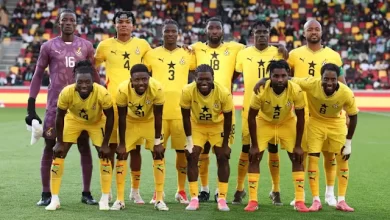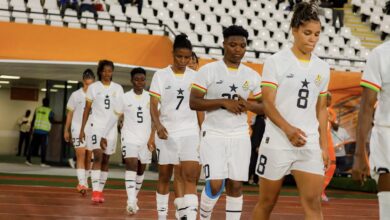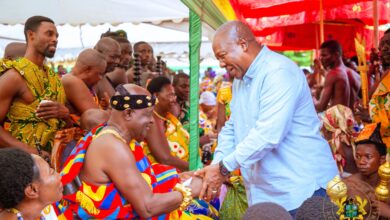
Post-colonial Ghana and several West African countries have made substantial progress since gaining independence. Social services have improved, and infrastructure has expanded significantly. However, the overall progress in the sub-region falls short of the expectations set at independence. Persistent challenges remain, and West Africa must address these issues collectively to catch up with the global pace.
Corruption, whether grand or petty, stands as a significant impediment. It is unethical and unacceptable, disrupting the smooth functioning of society. Corruption erodes social values, enticing individuals to engage in illicit activities rather than seeking legitimate employment. Its detrimental effects extend to limiting economic growth, reducing public resources, hindering efficient government revenue utilization, and discouraging private investment.
Furthermore, corruption inflates the costs of doing business, wastes valuable resources, and leads to poor service delivery. The impoverished are particularly affected, facing not only a lack of services and inefficient governance but also the exploitation by corrupt officials who wield power over them. Corruption also perverts the cause of justice, compromising the rule of law, especially within the police and judiciary. In turn, this jeopardizes the security of the state, as corrupt practices at borders allow the unchecked passage of weapons and other dangerous goods.
Dr. Kwame Nkrumah, a pioneer of West African independence, initially led the way for Ghana. However, faced with regional factionalism and fearing internal opposition, Nkrumah took drastic measures in 1964, turning Ghana into a one-party state with himself as the life president. Subsequently, he became increasingly repressive, isolating himself from the common people.
Despite Ghana’s abundant natural resources, economic poverty and underdevelopment persist. Living standards are low, and basic social services are deplorable. Successive leaders have attempted to address these issues, but the nation continues to struggle.
As the 2024 December presidential and parliamentary elections approach, the political landscape intensifies. The New Patriotic Party (NPP), in power for the past seven years, faces criticism in areas of corruption and security. The establishment of the Independent Special Prosecutor’s office aimed to combat corruption, but concerns persist about the government’s commitment to fulfilling its promises.
The electorate’s discontent is palpable, with a perceived failure of the NPP to meet expectations. A silent political protest is underway, with citizens hesitant to voice concerns about national issues, creating a culture of silence, particularly regarding the closure of radio stations sympathetic to the National Democratic Congress (NDC).
Inadequate political strategy and the repetition of unfinished manifesto promises contribute to a lack of voter confidence in the NPP. The slogan “Four more to do more” has transformed into “Break the eight,” reflecting a desire for change. The NPP’s political messaging lacks novelty and fails to resonate with voters, hindering its ability to command votes.
Looking ahead, political dynamics and the electorate’s maturity must be considered in crafting effective political strategies. The political opaque window of opportunity presents challenges for both the NDC and NPP. While the NDC may not be the ideal alternative, Ghanaians seem to desire change for its own sake.
Predicting the 2024 December 7th presidential elections, there is a clear winner in the author’s opinion. The government’s preparation for the elections is clouded with doubt and political tensions, marked by a lack of transparency and confidence in the New Patriotic Party’s leadership. The political geography of Ghana suggests that mistrust and challenges in fighting corruption and maintaining security could lead to a change in government.
Ultimately, the accountability of the electorate within their regions and constituencies will play a crucial role in deciding the next government. Despite reservations about the NDC, a desire for change prevails among Ghanaians. The author predicts that the Western, Central, Oti Regions, the Volta votes, and the entire Northern regions will bring back former President John Dramani Mahama to power.
AYM DEKU-KUKAH
Email: kukahalexander7@gmail.com




